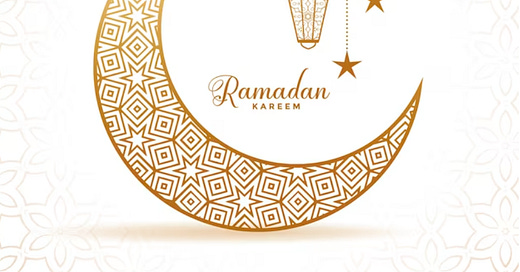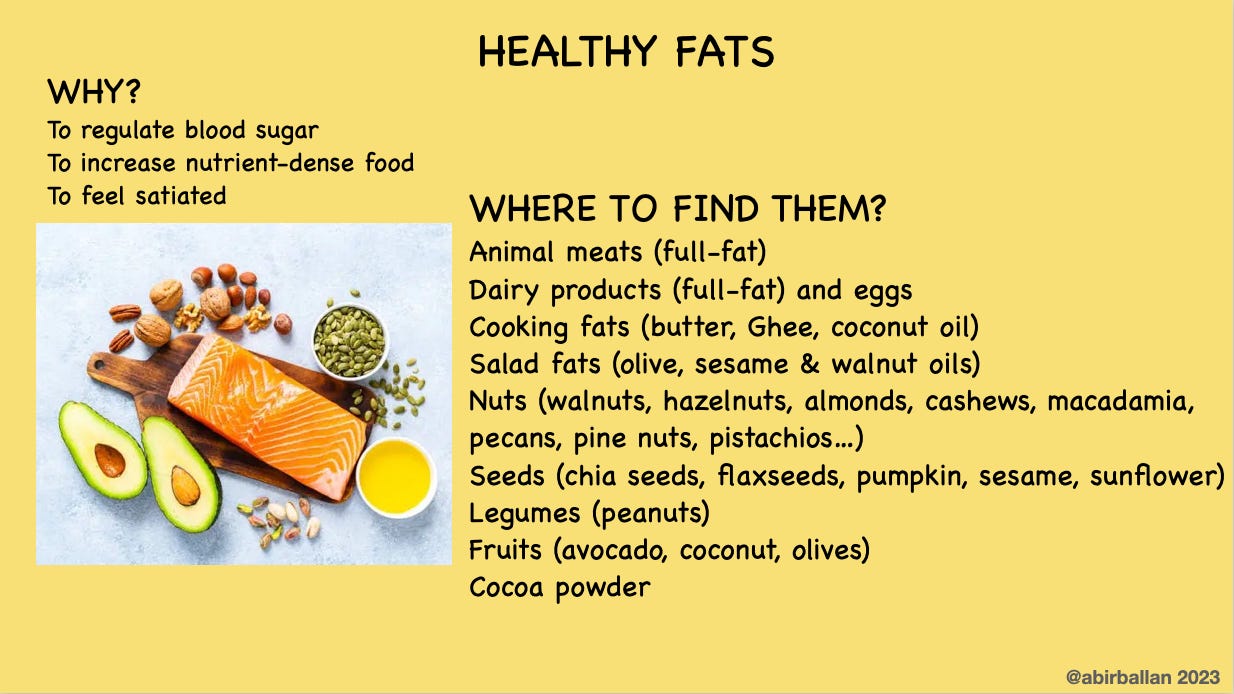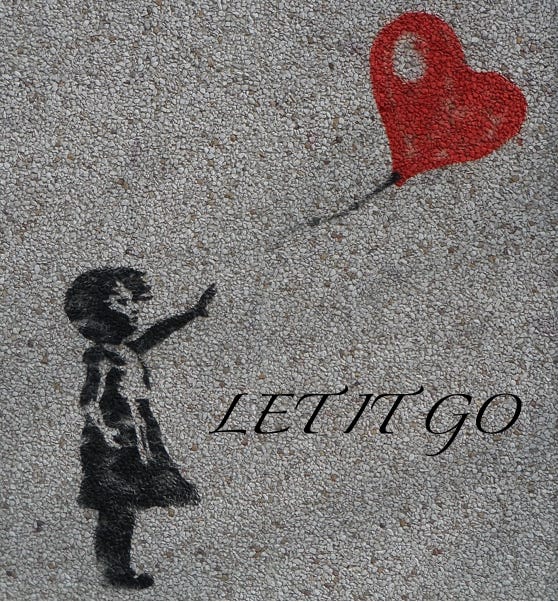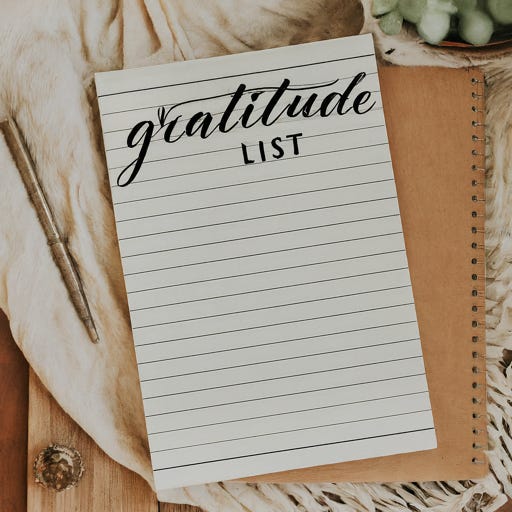RAMADAN: YOUR GOLDEN OPPORTUNITY TO HEAL YOUR BODY, MIND AND SOUL
Prevent weight gain, fatigue and poor health during Ramadan
Every year, muslims around the world observe the month of Ramadan. They abstain from food, drink and sexual activities from sunrise till sunset. Ramadan is a month for healing the soul, letting go of earthly pleasures and reconnecting with God and loved ones. It’s a month for prayer, kindness, charity, repentance, reconciliation and gratitude.
Interestingly, this religious practice started in seventh century Arabia long before the emergence of the scientific evidence in favour of fasting. Fasting is now widely recommended by health gurus and functional medicine doctors for its well established benefits:
Activates autophagy: the process by which the body breaks down old cells and gets rid of harmful components
Reduces inflammation: in the joints, the gut and the brain
Boosts the immune system (may help prevent cancer)
Balances blood sugar and reduces insulin
Enhances cognitive function and the regeneration of neural pathways which in turn may prevent neurodegenerative diseases like Alzheimer’s and Parkinson’s
Helps with weight loss due to caloric restriction and fat mobilisation
Reverses chronic conditions like diabetes, blood pressure, heart disease
Boosts Growth Hormones which is essential for regeneration, muscle growth and an efficient metabolism
Extends the life span
Many muslims today, however, experience negative health outcomes during the month of Ramadan.
If you fast the month of Ramadan, do you
🔲 Gain weight?
🔲 Feel exhausted?
🔲 Feel sick?
HOW CAN YOU TURN THIS SITUATION AROUND TO REAP THE BENEFITS OF FASTING?
HEAL YOUR BODY
The key principle to reducing metabolic diseases (diabetes, hypertension, heart disease, obesity, cancer) is to regulate blood sugar levels. Every time we eat carbs (bread, pasta, rice, potatoes, starchy vegetables, legumes, deserts, sugars, honey and even fruits), our blood sugar spikes quickly leading to a spike in insulin to remove the sugar from the blood and into the cells. Following the insulin spike, blood sugar drops leading to a crash or feeling of sluggishness and hunger— a cue to eat again as the body is attempting to regulate blood sugar. As we eat more carbs, another spike is caused leading to a blood sugar roller coaster ride. This process is very harmful to the body leading to many chronic diseases.
The key is to eat less meals and to eat food that doesn’t spike your blood sugar like proteins, non-starchy vegetables and good fats.
Here are some health tips to follow during Ramadan and hopefully after…
Remember anything you practise for 30 days becomes a habit.
Avoid eating out. Cook at home.
Eliminate all processed food from your diet. Use wholesome ingredients
Reduce your toxic load (from your food, drinks and your self-care products)
Cook with good fats (coconut oil, butter, ghee).
Use sea salt or Himalayan salt
Use bone broth in your stews and soups
keep good carbs to ¼ of your plate, preferably for a maximum of once a day
Get your daily requirement of proteins (1 g of protein per ideal body weight) and as much non-starchy vegetables as you’d like
Reduce sweets to once per week. Make your sweet with wholesome ingredients at home (good fats, organic flour, seeds, 85% dark chocolate, honey or maple syrup).
⚠️ Even with healthy ingredients, sweets are still sweets and they will spike your blood sugar level and increase insulin secretion.
Fruits also contain sugars so try to limit them to 1 or 2 small fruits consumed right after a meal to avoid a blood sugar spike
Get some physical activity. Walk for 30 min to one hour. Mild exercise like pilates, stretching and yoga can be done any time of the day. More strenuous exercise like weight lifting or running is best done right before Iftar or a couple of hours after.
Hydrate adequately 1.5-2 L of water and herbal teas.
⚠️ Avoid drinking water with a meal. It dilutes your stomach acid and causes indigestion. Drink water on an empty stomach or two hours after a meal.
Try to get 6-8 hours of sleep.
If you smoke, quit smoking. If you can stay without a cigarette all day, you can stay without it at night. The nicotine will clear out of your body in one week. This is your chance to change your lifestyle.
FOR MORE EASY SWITCH IDEAS, CHECK OUT THE SWITCH CHALLENGE
SAMPLE RAMADAN DAY:
SUHOOR: (At 11-12 pm before you sleep OR before sunrise)
eggs + mushrooms, broccoli, carrots (no bread)
OR
cheese slices + cucumbers, tomatoes, olives, pepper (no bread)
Have a herbal tea
⏰ 1 hr before Iftar- Exercise for 30-45 min (yoga, pilates, gym, run)
IFTAR:
Break your fast with 750 ml of water + 1-2 dates
⏳ Wait 15 min (maybe do your prayer)
Eat your salad + soup
⏳ Wait 30 min (go for a walk)
Eat your main meal:
stew with animal protein and vegetables (made with bone broth)
OR
steak/fillet with vegetables
Have a small fruit
Have a herbal tea
⏳ Wait 2hrs
Drink 750 ml of water
🍭 BONUS RAMADAN SWEETS AT THE END
HEAL YOUR MIND
Practice mindfulness: This practice will help shift your brain from stress and foolish mode to calm and wise mode.
Homework #1:
Take 1-2 min breaks throughout the day to focus your attention on physical sensations coming from any of your five senses, notice any intruding thoughts non-judgmentally and let go of them then shift your attention back to your physical sensation.
Look intently at the designs of your prayer carpet or your Ramadan decoration or the sunset
Listen carefully to the call to prayer or a recitation of the Quran
Feel the running water as you are doing ablution or feel the beads of your rosary as you are doing Tasbeeh (remembrance of God)
Eat mindfully during Iftar and Suhoor. Notice the taste, texture and smell of your food
Focus on your breath. Notice your chest rising and falling. Label your breathing as inhale-exhale. Label any intruding thoughts and let go of them
(You could also practise mindfulness during Quran recitation or prayer. Just let go of intruding thoughts and go back to your activity)
🔲 I will set alarm reminders to help me take 1-2 mindfulness breaks throughout the day
Practice forgiveness: Reconcile with a loved one or a friend. Holding grudges and resentments only hurts your mental wellbeing. Clear your heart and extend your hand in peace towards others.
Homework #2:
Try this video using the SEDONA METHOD for relationships
🔲 I will schedule 20 minutes in my calendar to forgive ______________
Practice letting go of negative feelings around a particular issue. Remember most events that we perceive as bad may turn out to be gifts in disguise. First let go of your negative feelings then try to turn the situation into an opportunity or a new beginning.
Homework #3:
Try this video using the SEDONA METHOD for situations
🔲 I will schedule 10 minutes in my calendar to let go of ___________________
Save the Sedona Method process in your notes. You can repeat this process alone as needed.
Step 1: Focus on an issue that is causing you distress. Allow yourself to feel whatever you are feeling at this moment. Stay with the feeling. Notice where the feeling is building up.
Step 2: Ask yourself one of the following three questions:
Could you allow this feeling to be there?
Could you accept this feeling?
Could you let this feeling go?
“Yes” or “no” are both acceptable answers.
Step 3: Then ask yourself:
Would you let go of this feeling?
Are you willing to let go?
Would you rather have this feeling or would you rather be free of it?
Step 4: Finally, ask yourself this simple question:
When? When would you like to let go of this feeling?
Practice gratitude: There are numerous mental and physical benefits to the practice of gratitude like stress reduction, better sleep, less fatigue, better cognitive function, improved health and wellbeing and better connectedness. You can be grateful for material things, experiences, qualities and abilities you have, people in your life...
Homework #4:
Name three things/people you are grateful for first thing in the morning or before you sleep or keep a gratitude journal and write in it once a week. Reflect on how much better your life is with these blessings or people in your life
Express gratitude towards a loved one, a friend or a colleague. Tell them what you appreciate about them and what positive impact they have on your life. Be SPECIFIC. You could also write them a gratitude letter.
Find the gifts in difficulties. Draw your timeline and divide it into decades. Under each section list the bad events that happened in your life then try to see the gifts that came out of them
🔲 I will schedule 10 minutes to write my gratitude journal
🔲 This week I will tell ____________ how grateful I am they are in my life
🔲 I will schedule 15 minutes to write a list of bad events in my life & their gifts
Practise empathy towards yourself and others. It will improve your relationships and boost your happiness.
Speak to yourself as you would speak to a dear friend
Put yourself in the shoes of the other person
Imagine yourself or the other person as a child. This will activate your caring instinct.
Practise random acts of kindness: This practice alleviates depression, uplifts your spirit and leads to a positive cycle of reciprocity. A smile, a greeting, ceding your seat to an elderly ….
🍭 BONUS: RAMADAN SWEETS
⚠️ Remember sweets are sweets and they can spike blood sugar even when made with wholesome ingredients
Desert #1: Cottage cheese with honey drizzle
Desert #2: Nuts butter (hazelnut or peanut or almond butter) with cocoa powder and a drizzle of honey. Add raspberries or strawberries or banana slices.
Desert #3: Seeds cookies
Desert #4: Pancakes with walnuts and honey (a substitute for this)
Find any pancake recipe you like with the following ingredient: organic flour, milk or water, sea salt, vanilla (optional: coconut oil, baking powder, eggs)
Crush walnuts (soft or crunchy). Add cinnamon, nutmeg, orange blossom water, honey
Spread the walnut mix in the middle of the pancake and roll it then drizzle honey on top. Eat it raw.
Bon Appétit! Or as we say in Lebanese, Sahten!! (which means ‘I wish you double health’)
Disclaimer: All information provided by Abir Ballan is solely intended for educational purposes and is not a substitute for advice, diagnosis, or treatment regarding medical or mental health conditions. Always consult your physician before making any decisions related to your physical or mental health.
About the author
Abir Ballan has a Masters in Public Health, a graduate degree in special needs education and a BA in psychology. She is a children’s author with 27 published books.















So there is still room for improvement.
After the article on alcohol, I thought it was a one-sided and uninformed presentation. How the hell can it be that there are so many healthy old winegrowers? Who often pass on their businesses to their descendants for hundreds of years?
Very strange.
After almost 50 years of alcohol consumption - over the entire time in unchanged, moderate quantities - all the data that doctors can collect show that I am in excellent health.
How can that be? When Mrs Ballan is so sure that alcohol is so harmful?
Even stranger.
AND NOW this lady is also promoting the most misogynistic of religions as a shining example of dietary habits.
With marvellous tips such as limes or tomatoes as a substitute for sweets. Wonderful rewards. We eat both every day, but certainly not as a substitute for sweets
Oh, and Pasta is keeping you hungry. Sure does.
With greetings from a german 21,5 BMI (now ex-) reader
Christian
I enjoyed reading this paper it was so conclusive but I have one remark about eating dates you advised in some part eating 1-2 dates when the Prophet PBUH advised to eat in impairs meaning 1-3 dates what the Prophet advised had to be a law
Otherwise it was so conclusive as I said and in accordance with all studies I had read about good nutrition and fasting but it wouldn’t that I could fast with my health issues I wish I could. Bravo Abir